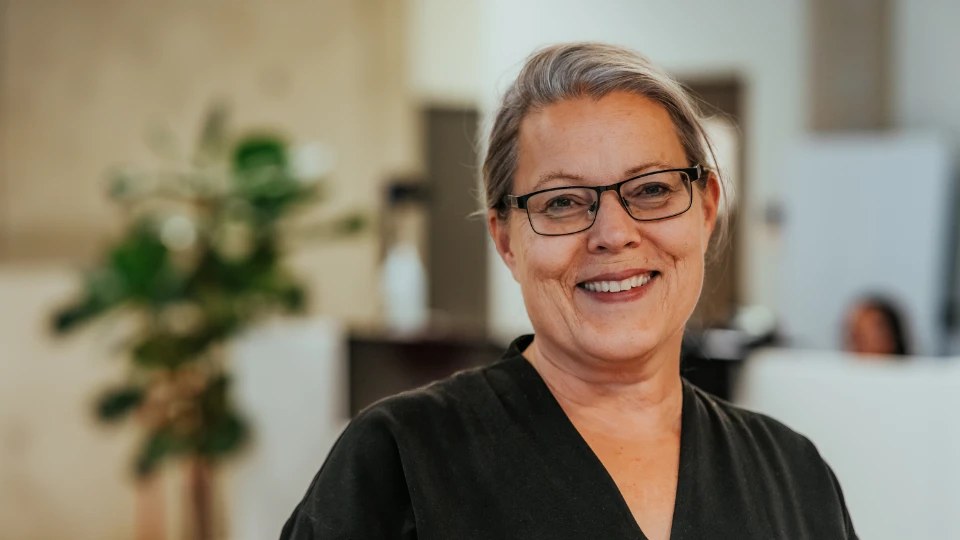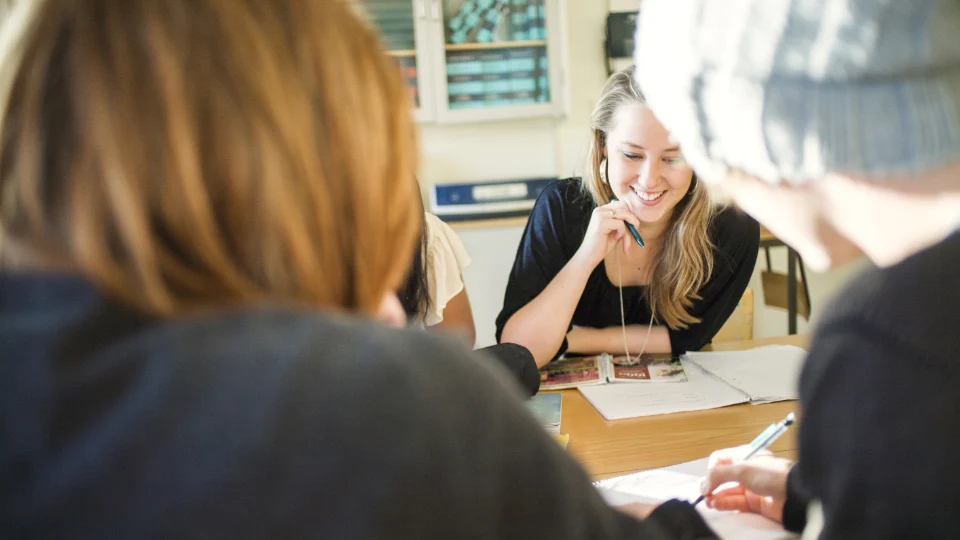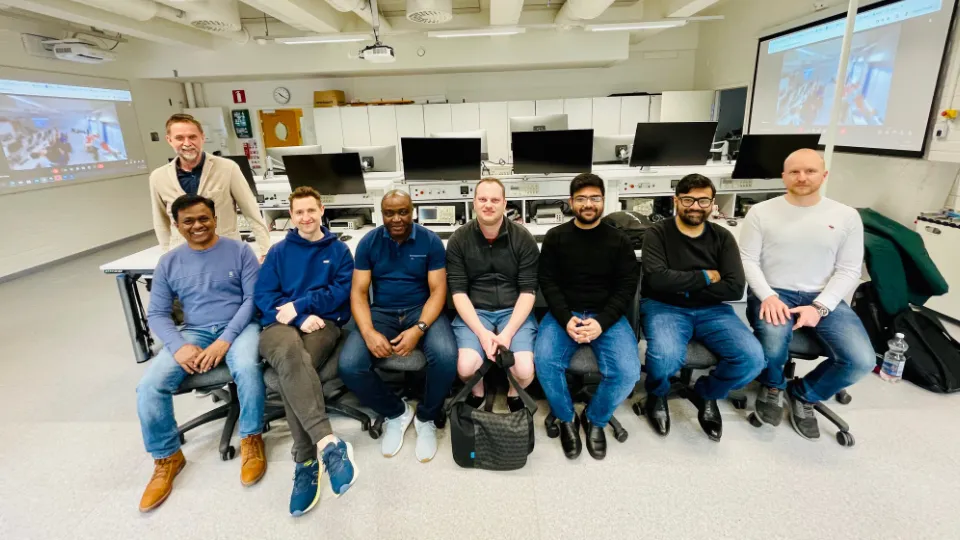Central to my work as a teacher at a Danish folk high school has been a question that first emerged during my years as a researcher and PhD: how do we make climate change and planetary processes tangible and accessible for our senses? I suspected back then that one of the reasons why we have failed for so long to act on climate change is that abstract, global processes are not legible to our bodies and our senses.
Listening to the sound of climate change
A leap in my understanding of how to communicate climate change in a way that does not rely on statistics, graphs and complex models occurred when I came across the work of Bernie Krause, one of the pioneers of the field soundscape ecology. Krause has recorded natural soundscapes from all over the planet.
A systematic listening to the many thousands of hours of recordings he has built up in his archive, has led him to two conclusions: during the last 50 years, the sound of natural soundscapes has decreased while the sound of human noise has risen dramatically – on a global scale. Researching Krause’s claims and learning about bio-acoustics, I realised the potential of speaking directly to the senses in my own communication about climate change.
Based on my first experiences with making soundscapes accessible to my students and creating a narrative around these listening exercises, I began looking for other ways to create “virtual experiences” of the changes that are going on in nature.
A virtual journey around the globe
So I set up my class on global ecology, Kloden Kalder or The Earth Is Calling, as a “virtual journey” through the Earth system’s main elements. Through a course of nine lessons, we begin with establishing a basic understanding of systems theory and global change and then zoom in on what is happening with the forests, the oceans, the ice caps, the atmosphere as well as biological and cultural diversity.
Each lesson is organised as an audio-visual journey, which explores the role and functioning of each element within the Earth system. The lessons examine different ways in which we can observe ecological change and it often employs the personal narratives of those who are at the forefront of the science. Using the programme Prezi to create a sense of “journeying”, the lessons collate teaching material from a wide range of sources to create a unique insight into the science and journalism that is at the forefront of reporting global change.
The Prezi-presentations are underpinned by an illustrated teaching guide, which contains all the background material related to the individual lessons. I maintain the website klodenkalder.com, which features all the presentations, the teaching guide, a “materials bank” and an online community platform for current and former students. The aim is that once someone has taken the course, they will be able to teach it. The material is available for anyone who is interested free of charge.
Practical experiments with alternatives to consumer society
Looking at the state of the planet is not easy because the story that emerges is bleak – for human societies as well as for animal and plant communities. Therefore, it has been crucial to connect the virtual journey with hands-on experiments where students can experience possibilities of making small changes in their own lives and get a sense of the opportunities for wider change. For example, we learn about the power of mycelium and grow oyster mushrooms on the school’s left-over coffee grounds, we visit eco-villages and learn about building your own tiny house or living off-grid, we make our own soap from oils or chestnuts, or we make bio-char to begin repairing damaged soils.
Key to this aspect of the teaching is to instil a sense of wonder and a love of nature. Through storytelling, experiences with nature and handicrafts, the students get a sense of the regenerative power inherent in nature – the very power that we need to tap into if we are going to set things on a less dangerous course than the one we are on.
Beyond education for “sustainability”
It has been an interesting experience moving from an academic environment in England where many of my colleagues spoke of “post-sustainability” to teaching at a folk high school in Denmark where sustainability is at the top of the agenda. If sustainability is to mean anything, we have to admit to ourselves collectively that the kind of consumer society we currently live within in the Western world cannot be sustainable in the long run.
My hope is that the course material will help other teachers in their work and create learning experiences which will touch my students lives. It is the ambition of this course to provide an engaging introduction to the Earth system and global ecology, to contribute to establishing a different kind of conversation about climate change, and to support my students in the psychological and emotional work that looking at planetary change sets in motion.
See www.klodenkalder.com for more information about the course (in Danish).



